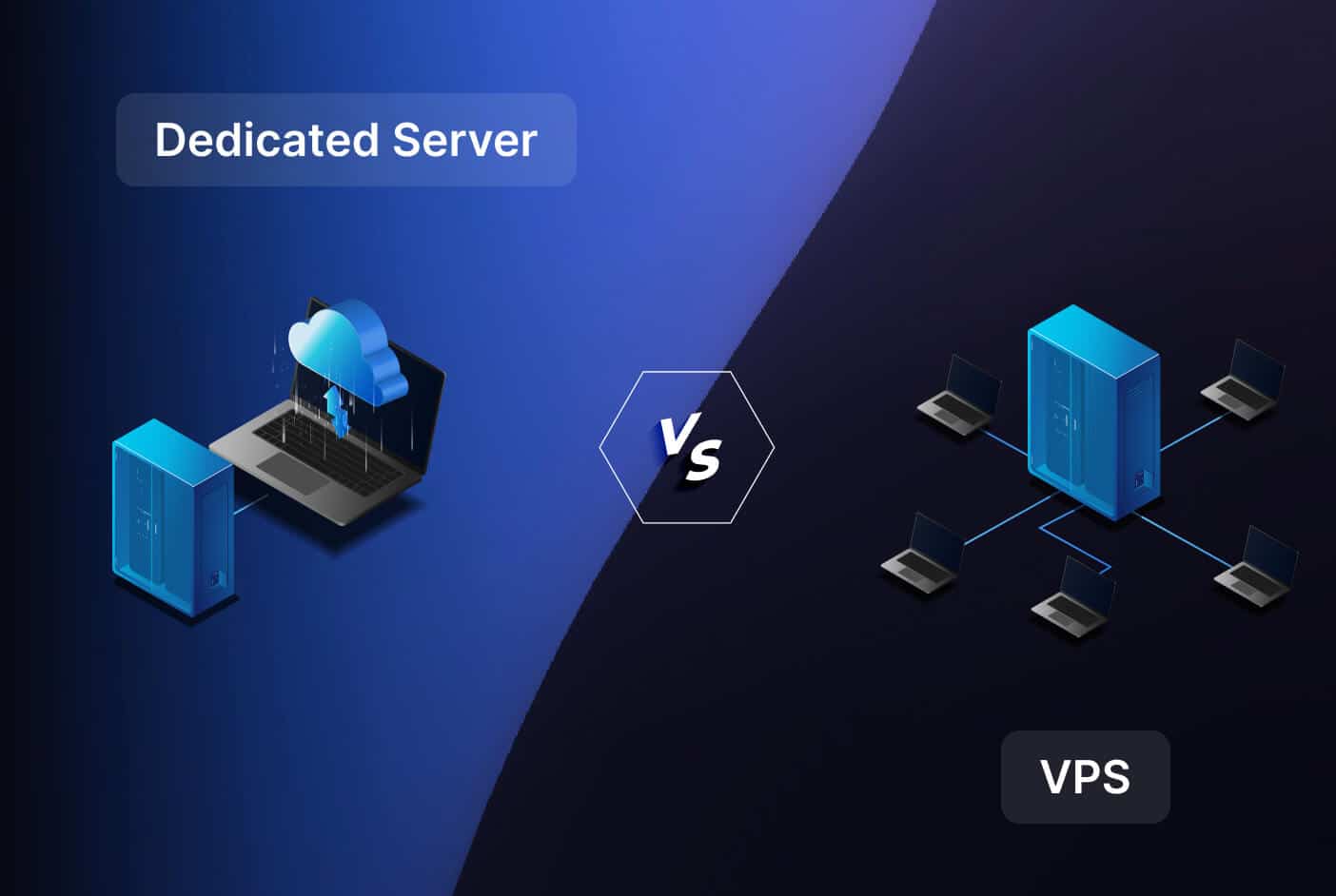Operating within global financial markets means keeping up with a fast-paced, highly competitive industry that can shift direction at the drop of a hat. To do this, you need resources and technology that can keep up with this pace and won’t let you down when you need them most.
Some of the most important cogs in the financial market machine are the servers you use. But first, what exactly are servers?
Servers are machines or software that answer requests from network devices or programs (known as “clients”). Though they are like desktop computers, they are much more powerful because they need a lot of storage and memory to keep up with demands. They manage all the resources in a network as well as store and back up data.
In the early days, the trend used to skew in favor of shared hosting. Shared hosting is where many websites or companies use the same physical server to do business. This is generally done by web hosting service providers with many servers on site to accommodate a large influx of data. These servers have the built-in technology and algorithms to evenly and fairly distribute traffic so that all websites get the same or similar speed and service.
Using shared hosting has generally been the most popular among smaller websites as these have less traffic and fewer security concerns. It is also a cost-effective solution in comparison to other options.
However, as a company grows, the needs become more complex. Your continued success in financial markets relies on speedy data transfer because milliseconds can make a huge difference in profitability. This means using a shared server can be risky. So, what type of server options are available to you, and how do you make the right decision for you?
Let’s first explore the two most popular server options available, namely VPS servers and dedicated servers.
VPS servers are similar to shared hosting mentioned above, but there are some key differences. A VPS (also known as a cloud-based shared server) is a virtual machine on a physical server that’s been partitioned into multiple virtual servers. So, a VPS is still shared with other websites or companies, but it’s like having separate rooms in the same house.
The main difference is that shared hosting is a one-size-fits-all package and is already configured and ready for use, while a VPS is configurable and gives you more freedom to customize. Shared hosting is also the least expensive of the two options, but you have to contend with vying for a limited number of resources. This is thus an ideal option for smaller websites or companies but not for a fast-growing business.
Dedicated servers are physical servers that are only accessed by one organization or company on a single network. To use our house analogy from before, a VPS is like a roommate situation, while a dedicated server is a standalone home where only members of one particular family live.
Choosing between a VPS and a dedicated server doesn’t have to be a complicated decision. Ultimately, there are five (5) factors you need to take into consideration:
- COST
Take your budgeting requirements into account. A dedicated server requires that you make a large upfront payment. This means no monthly fee. If you don’t have the proper infrastructure in place, you may need to upgrade it, and that can lead to another payment. Also, take into consideration that you will need to pay IT employees to manage, troubleshoot, and support the server.
When choosing a VPS, you pay a monthly fixed fee to lease the server. Depending on how you look at it, it may not be the most cost-effective solution in the long run because you are paying a large amount over time for space that you do not own. On the plus side, this fee covers IT support, making it easier to resolve problems as they arise and removing the burden of employing these individuals on your own. Another cost-related pro of a VPS is that you pay only for what you use.
- SECURITY
VPS servers are generally pretty secure, but dedicated servers offer an extra layer of protection. Let’s again return to our house analogy. If VPS servers are an apartment block and one apartment (or company) leaves its door open and gets robbed, that places all the other apartments at risk. The criminal still has to make an effort to get into individual apartments, but now they know the weak points and can better take advantage of them.
If one site on a VPS server has a security breach, then it puts all others on the same server at risk. So, in that aspect, some would argue that the dedicated server is the better option.
- SCALABILITY
Scalability looks at the ability of a server to grow with your company and adapt to changing needs. Can it easily be upgraded or downgraded as trading volume changes?
Many agree that, in terms of scalability and flexibility, VPS servers are the better option. With a dedicated server, you enter at the top, so there’s limited to no space to grow further. You can add CPU cores and RAM or increase the storage capacity of a VPS server as you see fit, and fees are adjusted accordingly.
- PERFORMANCE AND UPTIME
The type of server you choose should be able to deal with huge traffic surges and still load quickly amidst these surges.
VPS servers have great loading speeds, but if one of the multiple sites hosted on the server experiences a spike, it may slow your site down in turn. This can lead to a delay in transactions, which is a major issue in the world of trading. A dedicated server, on the other hand, gives you your own resources and extra space that you don’t find on VPS servers.
When it comes to uptime (i.e. the amount of time a machine or server is operational), across-the-board VPS servers tend to guarantee 99.9% uptime. And even if that isn’t the case, many of the providers will offer a refund or discount if you’re not satisfied with the service.
Dedicated servers have equally good uptime in comparison to VPS servers, but the main difference is the fact that a VPS server has traffic from other sites to contend with, and a dedicated server does not. Many agree that when it comes to high-frequency traders that require low latency, dedicated servers are the way to go, as there’s no competition for site traffic.
- CUSTOMISATION
On top of the above four factors, there’s also the important issue of customization. Dedicated servers offer complete control over server configuration, meaning traders can personalize their servers according to their immediate requirements and also alter these configurations to suit their specific trading strategies.
That being said, many VPS service providers now offer packages that allow you to customize more easily. This means that if you were to select a VPS solution, you need to look at the provider and what they can offer, as this will make a huge difference.
Contact Beeks Group at sales@beeksgroup.com for professional insight into what server option would be ideal for your online trading operations and, find out how we can support and manage the server you choose to utilize.
Sources:
- https://blog.avast.com/best-server-for-business-avast (explanation of what servers are)
- https://www.techopedia.com/definition/15726/shared-hosting (definition of shared hosting)
- https://www.hostinger.com/tutorials/shared-hosting-vs-vps-hosting/ (similarities and differences between shared hosting and VPS servers) (scalability differences)
- https://www.forex.academy/vps-vs-dedicated-server-for-forex-trading-which-one-should-you-choose/ (one part of the explanation on what a VPS server is)
- https://www.websitebuilderexpert.com/web-hosting/comparisons/vps-vs-dedicated/ (information on security and scalability differences between VPS and dedicated servers)
- https://www.forex.academy/vps-vs-dedicated-server-for-forex-trading-which-one-should-you-choose/ (uptime statistic)
- https://www.scalahosting.com/blog/do-vps-servers-have-good-uptime/ (uptime statistic – backup)












